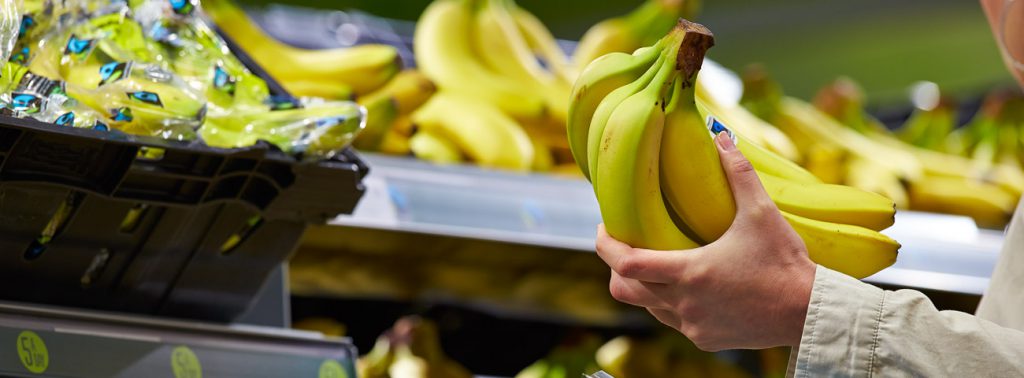The UK’s Food Strategy White Paper, released today by the Government, is a missed opportunity to get to grips with the challenges facing our food system, the Fairtrade Foundation has said.
The Fairtrade Foundation believes that the Government’s proposed strategy misses the mark in addressing the important connections between the UK’s food systems, the climate crisis, the wellbeing and livelihoods of farmers and workers who produce the UK’s food overseas, and the health and security of citizens here in the UK.
Tim Aldred, Head of Policy at the Fairtrade Foundation said: “Ensuring a sustainable food system is at the heart of the wellbeing of UK citizens and is inextricably linked to the wellbeing of those who grow our food at home and abroad. The Fairtrade Foundation, alongside civil society, has been engaged in discussions around the National Food Strategy (NFS) since 2019, and was hopeful that the conclusions of the NFS report would translate into policy. It is frustrating that the Government has missed this opportunity to put forward a sufficiently holistic, long-term plan to overhaul our food system at this critical moment, and has seemingly taken on board very few of civil society’s concerns.
“The White Paper does not adequately address the importance of sustainable trade in food. We need climate-resilient supply chains that are able to secure food supply to the UK, as well as support the massive cuts in carbon emissions that are needed in agriculture to halt warming to below 1.5 degrees. It’s a missed opportunity.”
Farmers and workers overseas, who often earn as little as 73p a day, are already being affected by the changing climate. The Fairtrade Foundation believes that trade and food policy – and trade that supports the achievement of living incomes and wages for farmers and workers – is vital for ensuring that those on the frontline of the climate crisis have the means to adapt and mitigate against its worst impacts, and support a move to low-carbon production methods. This is not only the right thing to do, but it is also in the interests of the UK, which imports between 10-12% of its food from low-income countries.
The Fairtrade Foundation notes some helpful proposals, including a commitment to greater transparency to enable citizens to make more informed ethical and sustainable food choices, and plans to align reporting methods for eco-labelling. Mandatory public reporting on sustainability, including scope 3 emissions, could be a step in the right direction. However, much more had been hoped for to take the urgent steps needed to tackle the crisis facing the food system.
The Fairtrade Foundation will continue to engage with the Government on the importance of sustainable and ethical agricultural trade, which meets the shared challenges of the climate crisis, ensuring decent livelihoods for farmers and workers growing our food overseas, and ensures the food security of future generations.
ENDS
For further information contact Tomilola Ajayi, Senior Media and Communications Manager, at tomilola.ajayi@fairtrade.org.uk
